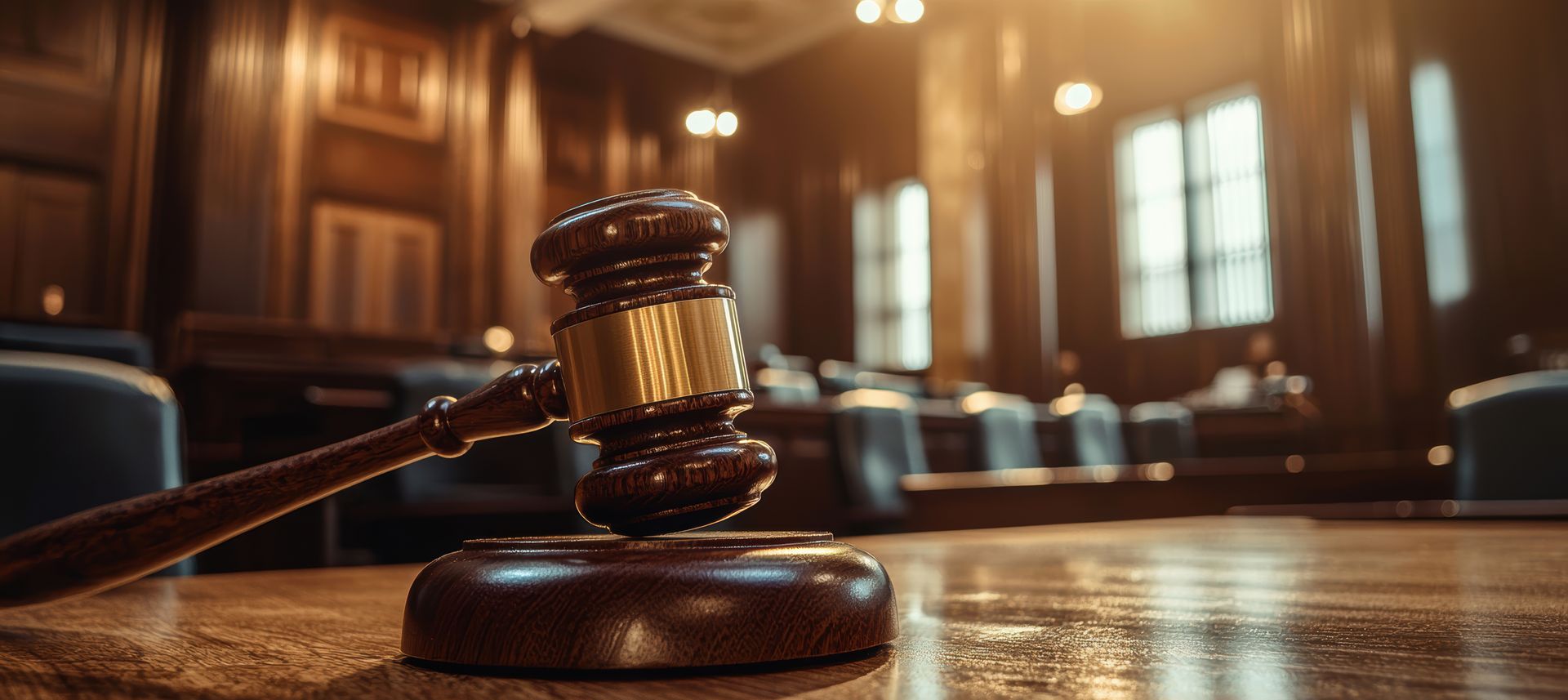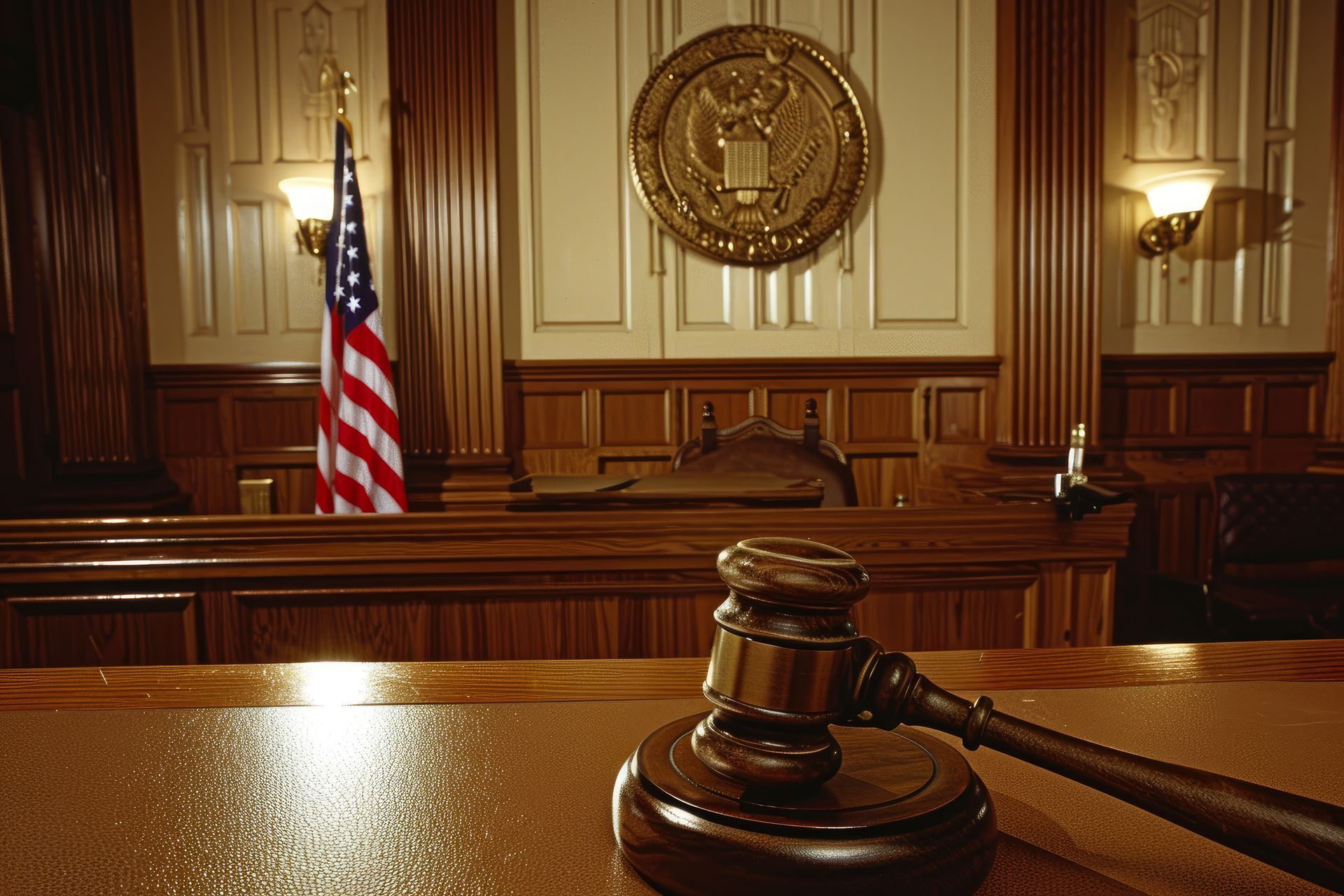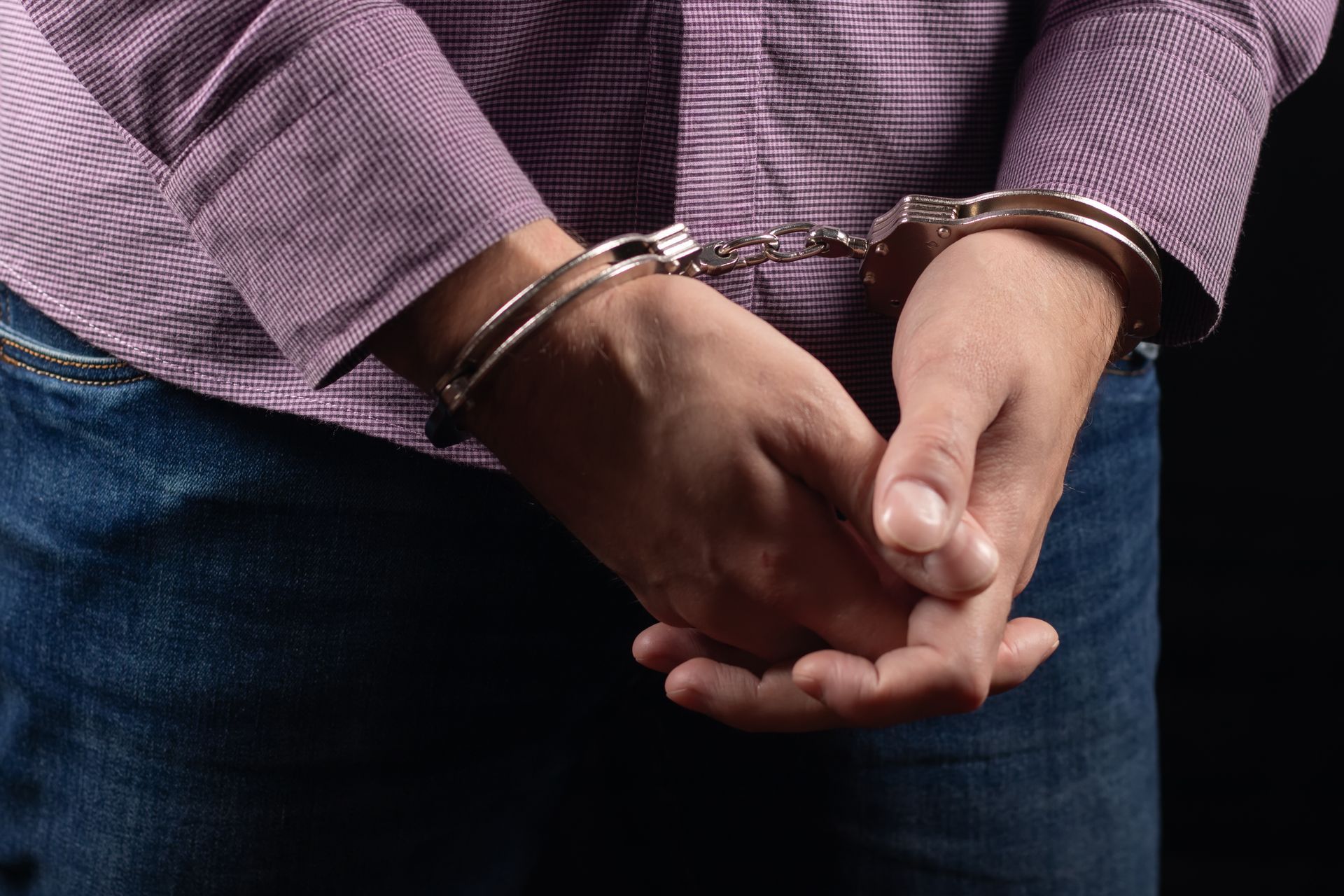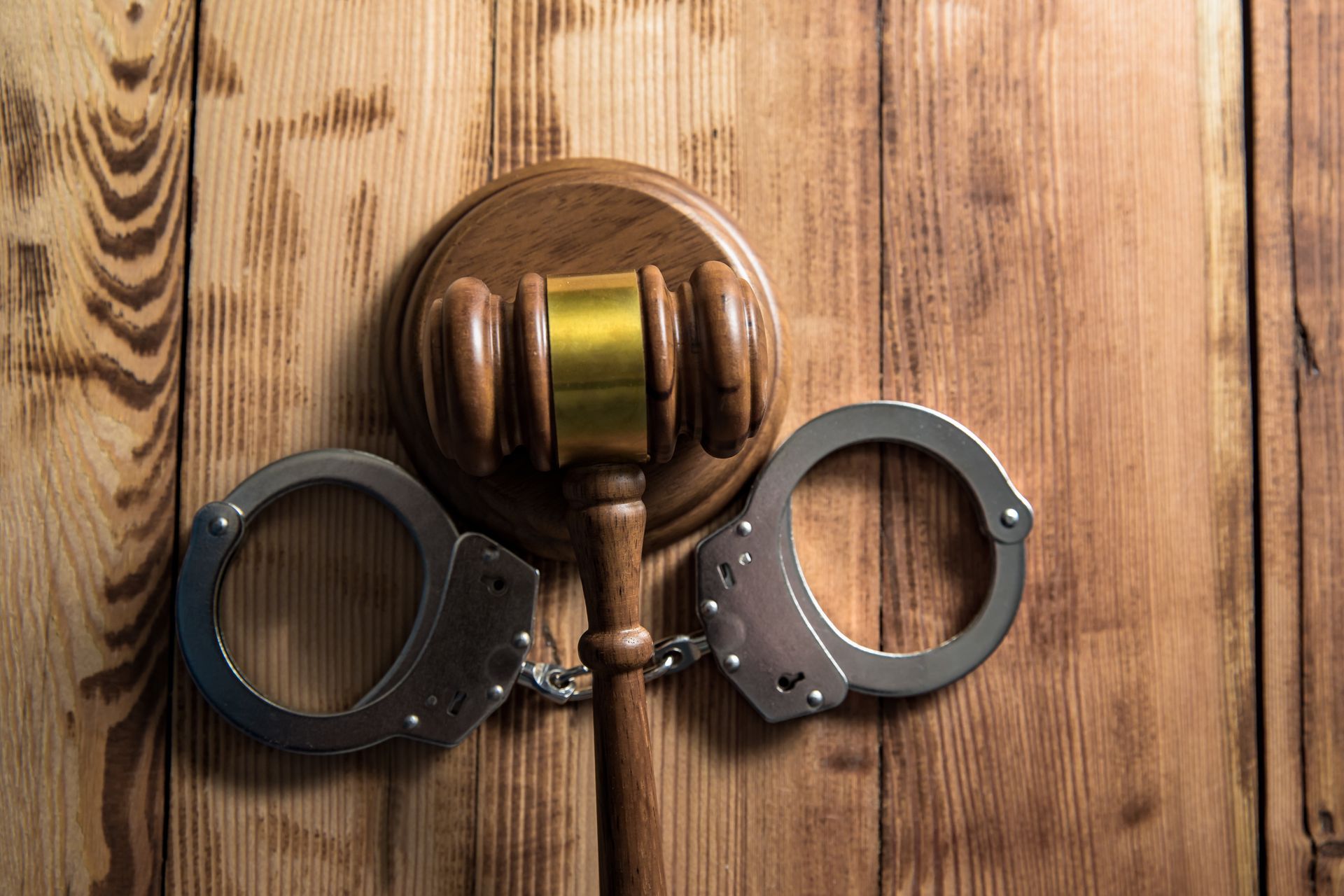Mental Health Attorney in Phoenix, Arizona: How Mental Health Impacts Criminal Defense
Mental Health Attorney in Phoenix, Arizona: How Mental Health Impacts Criminal Defense
Many Arizona criminal cases involve complex mental health and addiction issues that can deeply influence the judicial process. These conditions often go undiagnosed or are masked by substance abuse, making a case far more complicated. When a person’s mental state is a key factor in their criminal charges, the outcome of their case depends heavily on the attorney’s ability to present these issues effectively in court.
Navigating Arizona law in these cases can be extraordinarily challenging—especially when dealing with the insanity defense or determining a defendant’s competency to stand trial. That’s why it’s essential to work with a Phoenix criminal defense lawyer who understands both the legal and psychological dimensions of mental health and addiction.
Dwane Cates: Defending Clients with Mental Health and Addiction Issues
Attorney Dwane Cates has successfully represented individuals across Arizona whose criminal charges were directly impacted by mental illness or addiction. His background includes using the insanity defense to achieve outcomes where clients were committed to mental health facilities for proper treatment instead of serving time in prison. He has also obtained case dismissals after proving that certain clients were not competent to stand trial.
This kind of experience is invaluable when choosing a mental health defense attorney in Arizona. Handling these sensitive cases requires not only deep legal knowledge but also compassion and an understanding of the human mind. When facing charges connected to mental health or addiction, having a lawyer like Dwane Cates on your side can make a life-changing difference.
Call DwaneCates.Com, PLLC today at 602-878-8695 to schedule a confidential consultation.
The Intersection of Mental Health and Criminal Charges
In cases involving violent crimes—such as assault, domestic violence, or homicide—a mental health evaluation can play a crucial role in shaping a defense strategy. The team at DwaneCates.Com, PLLCworks closely with mental health professionals to ensure the client’s psychological condition is accurately presented in court.
By highlighting the role of mental illness or addiction, Dwane Cates seeks fairer outcomes that focus on rehabilitation and treatment instead of punishment.
Mental Health Defenses in Arizona
Arizona law recognizes several defenses that relate to mental health:
Insanity Defense (Guilty Except Insane)
Under Arizona Revised Statutes §13-502, the insanity defense—known as “Guilty Except Insane”—applies when a person was suffering from a mental disease or defect that prevented them from understanding that their actions were wrong. This does not include voluntary intoxication.
This defense is extremely complex and difficult to prove. It requires admitting the act occurred while demonstrating that the person’s mental illness rendered them unable to distinguish right from wrong. In Arizona, even if someone heard voices urging them to act unlawfully, they can still be found guilty if they knew the act was wrong but chose to proceed.
Building a strong insanity defense demands thorough evaluation by forensic psychologists and detailed case preparation—something Dwane Cates has done successfully, helping clients receive treatment rather than incarceration.
Diminished Capacity
When a mental condition affects a person’s ability to fully comprehend the nature or wrongfulness of their actions, it may reduce criminal liability. This defense can result in lesser charges or lighter sentencing.
Involuntary Commitment
For individuals with severe mental illness, treatment may be a more appropriate resolution than imprisonment. In some cases, Dwane Cates has helped clients obtain involuntary commitment to secure the medical help they need.
Addressing Addiction in Criminal Defense
While voluntary intoxication is not a defense to a crime in Arizona, addiction is often a significant factor in criminal behavior. Courts recognize addiction as a mitigating circumstance, meaning it can influence sentencing and rehabilitation opportunities.
Attorney Dwane Cates understands how addiction and mental illness intertwine. With over 30 years of involvement in the addiction and recovery community, he connects clients with valuable treatment resources. His goal is not just to resolve the current criminal case but also to help individuals break the cycle that leads them back into the justice system.
Why Choose DwaneCates.Com, PLLC
Choosing the right Phoenix criminal defense lawyer is critical when mental health or addiction plays a role in a case. DwaneCates.Com, PLLC provides:
- Proven success using the insanity and competency defenses
- Collaboration with mental health and addiction professionals
- A compassionate, individualized approach to each client’s situation
- Strategic defense focused on long-term recovery and legal protection
If you or someone you love is facing criminal charges in Arizona where mental health or addiction is a factor, reach out to DwaneCates.Com, PLLC today.









